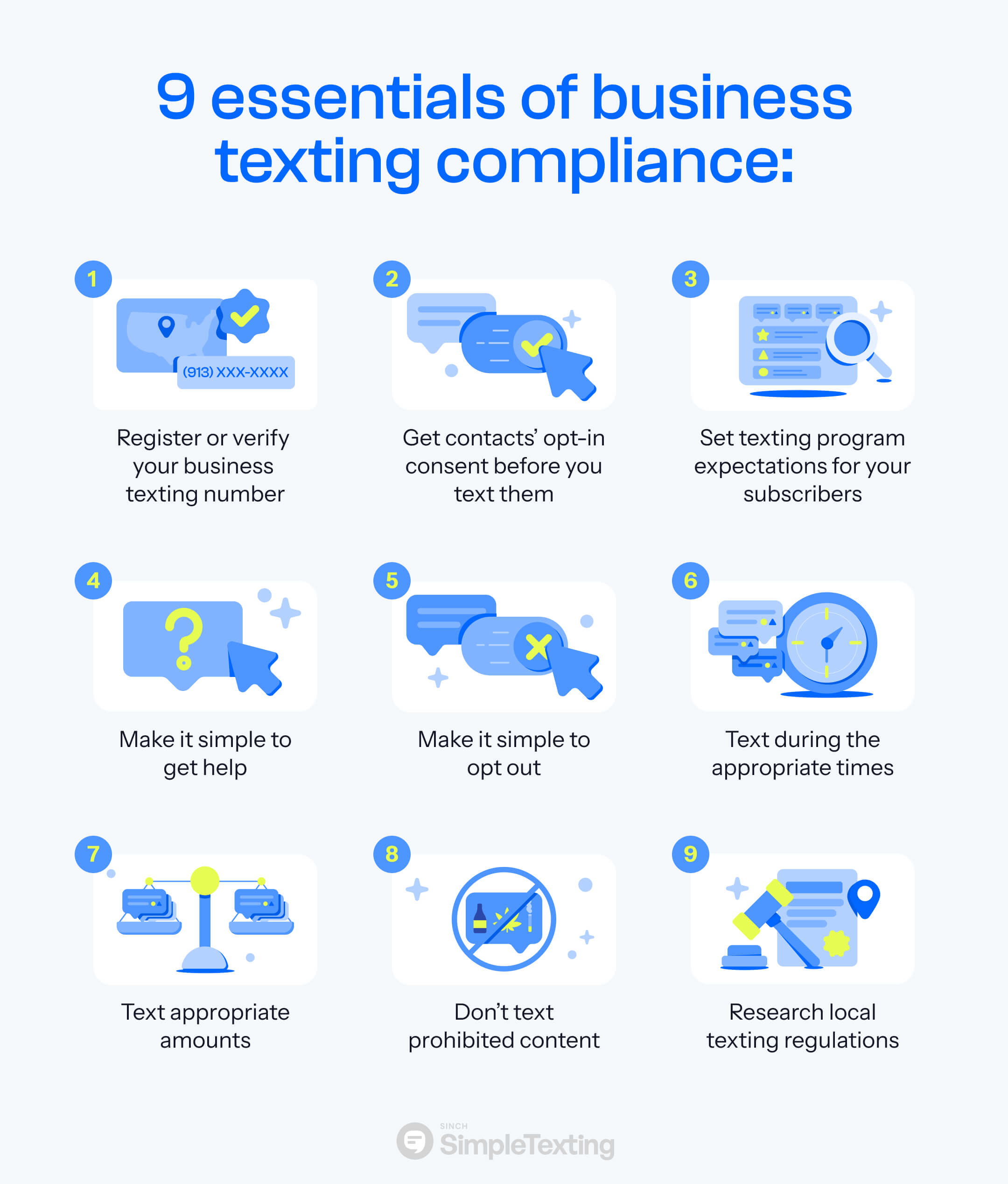Did you know that choosing a prop trading firm can often feel like dating? You have to ask the right questions, evaluate compatibility, and understand the hidden costs before committing! In this article, we break down essential factors for selecting the best prop firm for day trading. We’ll explore what to look for in a reliable firm, how to evaluate trading requirements, and the significance of profit splits. We’ll also discuss the fees involved, training support, and the risks associated with partnerships. Plus, learn how to assess reputation, leverage options, and payout structures. By the end, you'll be equipped with the knowledge to ensure the prop firm aligns with your trading style and meets your profitability criteria, all thanks to insights from DayTradingBusiness.
What should I look for in a reliable prop trading firm?
Look for a prop trading firm with transparent fee structures, reasonable profit splits, and solid reputation. Ensure they offer proper risk management tools, good support, and a clear evaluation process. Check if they provide quality training or resources, quick payout options, and a trading environment that matches your style. Prioritize firms with positive trader reviews and a track record of stability.
How do I evaluate a prop firm's trading requirements?
Review their capital requirements, trading volume expectations, and profit-sharing structure. Check if they support your trading style and preferred markets. Look for transparency in rules, funding process, and payout policies. Read reviews from other traders to spot common issues. Ensure they offer proper risk management tools and reasonable leverage. Confirm their reputation for timely payouts and supportive mentorship or training.
Which fees and costs are involved with prop firms?
Prop firms charge an application fee, sometimes a training fee, and may take a percentage of your profits—often between 10% and 30%. They might also have monthly platform or data fees, evaluation or challenge fees, and costs for proprietary trading accounts. Some firms require a refundable deposit or membership fee. Be aware of potential cost for educational resources or mentorship programs.
How important are profit splits in choosing a prop firm?
Profit splits are crucial when choosing a prop firm because they directly affect your earnings. Higher splits mean more profit from your trades, boosting your overall income. They also reflect how much the firm values trader success versus their own profit. If splits are too low, your effort earns less; if too high, it might come with stricter rules or higher fees. Balance profit splits with other factors like trading support, rules, and reputation to find the best fit for your day trading style.
What trading platforms do top prop firms offer?

Top prop firms like SMB Capital, TopstepTrader, and FTMO offer trading platforms such as MetaTrader 4, MetaTrader 5, and proprietary platforms tailored for futures, forex, and CFD trading. They often provide user-friendly interfaces, advanced charting tools, and real-time data to support day trading. Some firms also support integrations with trading software like TradingView or NinjaTrader.
How do I assess a prop firm's training and support?
Ask about their mentorship programs, look for clear training modules, and check if they offer ongoing support like coaching or community access. Talk to current traders about their experiences to gauge responsiveness and quality. Review their educational resources—are they comprehensive and up-to-date? Confirm if they provide technical support for trading platforms and risk management guidance. A top prop firm prioritizes solid training, accessible support, and continuous learning opportunities.
What are the risks of partnering with a prop trading firm?
Partnering with a prop trading firm risks losing your capital if you don’t follow their rules or if the firm has poor risk management. Some firms may have hidden fees, strict trading restrictions, or unrealistic profit targets. There's also the risk of unreliable payout schedules and lack of transparency. If the firm’s trading environment is unstable or poorly managed, your trading performance could suffer. Plus, some firms may pressure traders to take excessive risks, increasing the chance of significant losses.
How do I verify a prop firm's reputation and reviews?
Check online review sites like Trustpilot or Reddit for trader feedback. Look for consistent positive experiences and detailed comments. Verify their licensing or registration with regulatory bodies if applicable. Ask experienced traders for recommendations or warnings. Review their track record, success stories, and any reported scams. Use social media to see how they interact with traders and handle complaints. Finally, test their customer support with questions before committing.
What are the leverage options available through prop firms?
Prop firms offer leverage typically ranging from 2x to 10x, sometimes higher, depending on the firm's policies and the trader’s experience. Some firms provide fixed leverage, while others allow scaling based on performance or risk management. Always check the firm's leverage limits, as higher leverage increases potential gains but also risks.
How does a prop firm’s funding process work?
A prop firm’s funding process typically involves submitting an application, passing a trading evaluation or challenge to prove your skills, and meeting specific profit targets and risk limits. Once you succeed, the firm provides trading capital, allowing you to trade with their money. They often require ongoing performance compliance and may adjust your leverage based on your results.
What criteria determine the best trading rules and rules enforcement?

The best trading rules are clear, strict, and promote disciplined trading—like strict stop-loss limits, position size caps, and defined entry/exit strategies. Rules enforcement depends on consistent monitoring, automated systems, and strict penalties for rule breaches. Look for prop firms with transparent policies, real-time compliance checks, and a track record of enforcing rules fairly. The stricter and more consistently enforced the rules are, the better they support disciplined, risk-aware trading.
How do I compare payout structures across prop firms?
Compare payout structures by looking at the profit split percentage, any fees deducted from your earnings, and how frequently payouts occur. Check if the firm offers a consistent payout schedule and whether there are any caps or thresholds. Review if they take a percentage of your profits or charge monthly fees that affect your net earnings. Consider how payout terms align with your trading style and risk management. Look for transparent, straightforward payout policies without hidden charges.
Which prop firms offer the best leverage for day trading?
Top prop firms offering the best leverage for day trading include FTMO with up to 10:1, TopstepTrader providing around 8:1, and SMB Capital offering leverage up to 4:1. These firms give traders higher leverage to maximize trading capacity while managing risk. Always check current leverage limits, as they can change based on regulations and firm policies.
Learn about How Do Prop Firms Handle Losses in Day Trading?
How do I decide between different types of prop trading models?
Compare their leverage, fee structure, trading capital, and support. Look for a firm with clear rules, good reputation, and flexible trading styles. Consider if they align with your preferred markets and risk tolerance. Test their platforms with demo accounts if available. Choose the one that offers the best balance of profitability potential and manageable rules.
What are the key factors influencing a prop firm’s profitability?
Key factors influencing a prop firm’s profitability include the firm's trading capital, profit-sharing split, risk management rules, trading restrictions, and payout policies. Solid capital allows for larger trades and better risk absorption. Favorable profit splits and timely payouts boost trader motivation. Strict risk management rules protect the firm's funds but can limit flexibility. Trading restrictions, like permitted instruments and leverage, impact trading strategies. A transparent, trader-friendly environment and good support also contribute to sustained profitability.
How can I ensure the prop firm aligns with my trading style?

Research the prop firm’s trading style requirements and funding rules. Talk to traders who’ve worked with them to see if their approach matches yours. Check their evaluation process—does it assess your preferred trading strategies? Look at their profit split, risk management policies, and support system to ensure they fit your day trading style. Make sure their trading hours and markets align with your routine. Test their platform and tools to confirm they support your preferred trading methods.
Learn about How to Pass Prop Firm Trading Tests?
What are common pitfalls when choosing a prop trading firm?
Common pitfalls when choosing a prop trading firm include selecting one with unrealistic profit targets, hidden fees, or poor support. Avoid firms that prioritize quick profits over trader development or have unclear payout structures. Don’t fall for firms with overly restrictive trading rules or limited capital allocation. Check for transparency in evaluation processes—if it’s vague or overly complex, steer clear. Also, beware of firms that pressure traders to accept unfavorable terms or lack a solid reputation in the trading community.
How do I evaluate the scalability potential with a prop firm?
Check the prop firm’s trading capital limits and growth plans; see if they support scaling your trading size over time. Review their policies on increasing your account size as you prove consistent profitability. Ask about their funding programs, profit-sharing, and how they handle scaling challenges. Look for firms with flexible scaling options and a clear path to larger accounts. Consider their reputation for supporting traders who grow their trading volume.
What questions should I ask before signing a contract with a prop firm?
Ask about the firm's trading evaluation process, profit split percentage, and payout frequency. Inquire about the leverage offered and risk management rules. Clarify the firm's support, training, and resources available. Check for any fees or costs upfront. Understand the rules for scaling up or withdrawing profits. Ask about their track record and reputation among traders. Confirm the firm's policies on trading styles, instruments, and any restrictions.
Conclusion about How to Choose the Best Prop Firm for Day Trading
In conclusion, selecting the right prop trading firm is crucial for your success as a day trader. Focus on key factors such as trading requirements, fees, profit splits, and available platforms. Evaluate the firm's reputation, training support, and funding processes to ensure alignment with your trading style. By carefully assessing these elements, you can make an informed decision that supports your trading goals. For comprehensive insights and guidance, rely on the expertise of DayTradingBusiness to navigate the nuances of prop trading effectively.
Learn about How to Get Started with a Day Trading Prop Firm